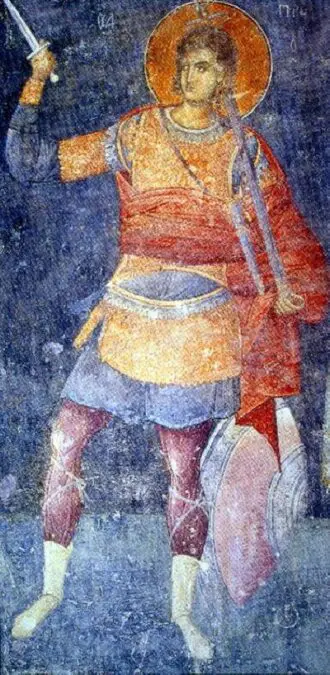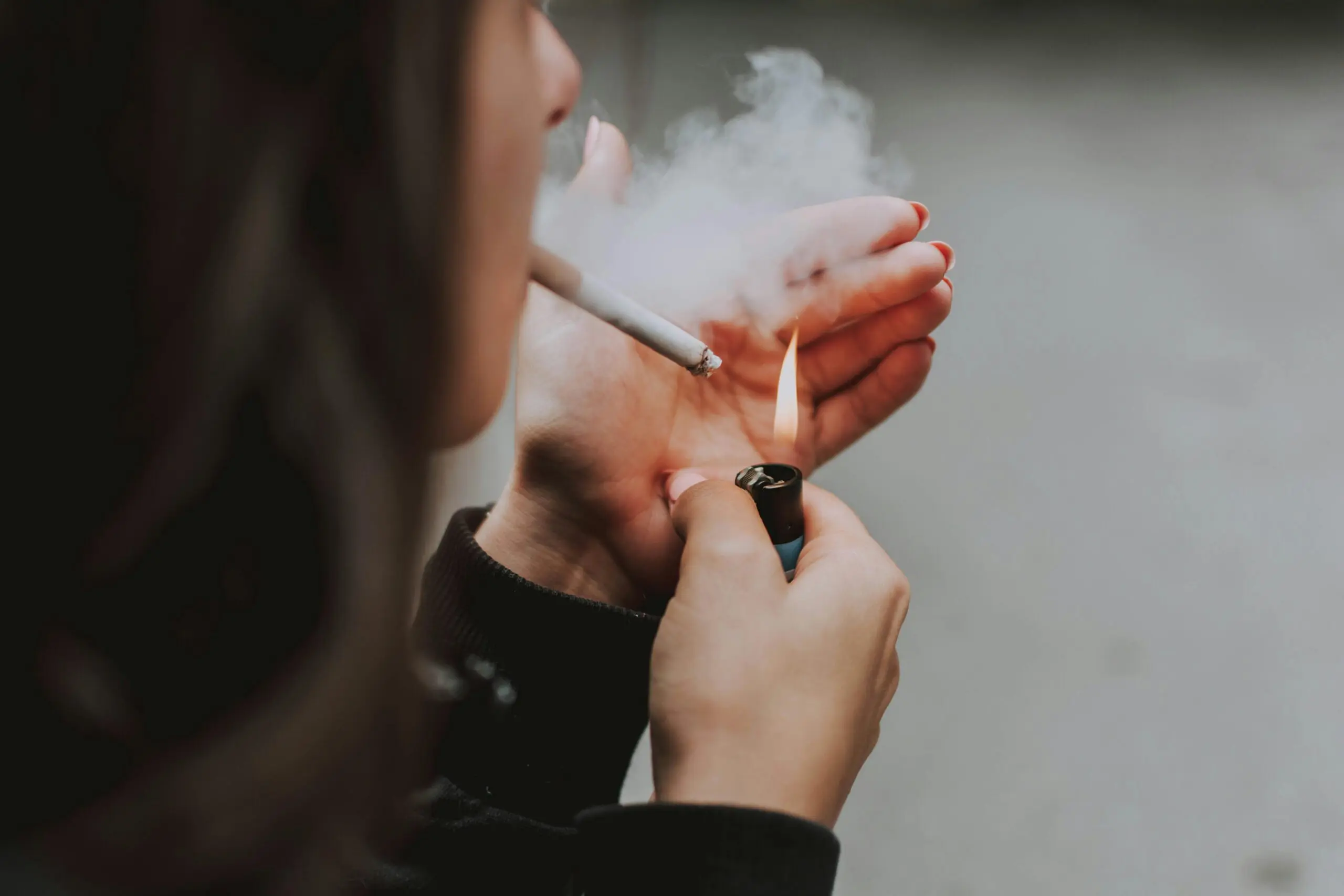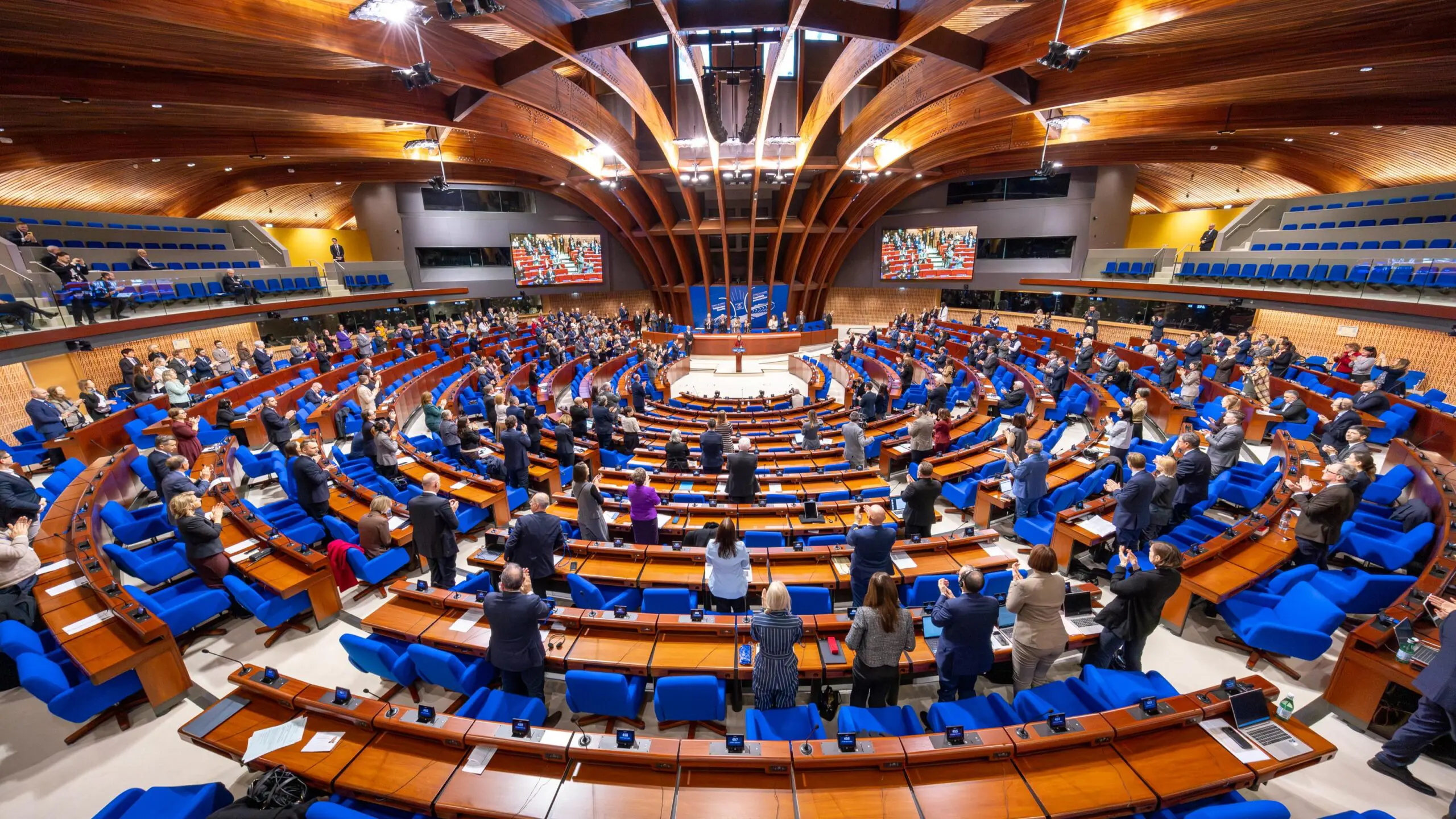The pollen originates from those parts of the plant that are particularly important for the development of the plant species. Therefore, it contains substances of high biological value. Its composition varies greatly depending on the plants from which it is harvested. Fresh pollen contains the following ingredients:
• protein substances (22-40%), including the amino acids valine, tryptophan, phenylalanine, lysine, methionine, leucine, isoleucine, trevonine, histidine, arginine, glutamic, aspartic acid, etc.
• Sugars in the form of nectar carbohydrates (30 – 60 %)
• Vitamins. Bee pollen is particularly rich in vitamins that are absorbed by the bees’ body. Vitamins B1, B2, B3, B6, B7, B8, B9, B12, C, provitamin A (converted in the body into vitamin A), vitamin D, etc. have been identified. Rutin (vitamin P) reaches 60 mg per 100 g of pollen. It is of particular importance for the human body, as it increases capillary resistance
• Enzymes. Amylase, invertase, catalase, phosphatase, etc., which catalyze various chemical processes in the body, have been identified.
• Antibiotic substances. They come from both plants and bees. They stop the development of bacteria in the intestines. They are especially active against gram-negative bacteria, such as Escherichia coli, Salmonella ehteritidis and Proteus vulgaris, which are the causes of gastrointestinal diseases and urinary tract infections.
• Mineral substances. Potassium, calcium, phosphorus and magnesium are in the greatest amount. Manganese, zinc, cobalt, barium, silver, gold, vanadium, tungsten, iridium, mercury, molybdenum, chromium, cadmium, strontium, palladium, platinum and titanium have been found in small quantities. The amount of mineral salts is greater in pollen than in honey.
• Lipids, aromatic and pigment substances.
• Biologically active substances. Bee pollen contains from 0.60 to 4.87% nucleic acids, ribonucleic acids being more than deoxyribonucleic acids.
• Bee pollen is rich in the essential amino acids for life, which many times surpass the amino acids contained in beef, eggs and cheese.
If there were no other food sources containing amino acids, pollen could provide the human body with the minimum need for them through the average dose of 15 g per day. For example, 2 tablespoons of pollen equals the protein content of 140 g of pork steak, but without bad fats, chemicals and animal hormones.
Therapeutic action and application:
On the one hand, pollen has a high nutritional value – no other natural product can compete with it, but at the same time it is also a complete food thanks to its diverse ingredients. Pollen should also be considered as a natural “medicine-concentrate”, based on the large amount of enzymes, vitamins, antibiotic substances, trace elements, flavonoids, etc. contained in it – all of natural origin and in a favorable ratio with each other.
Pollen is used in the treatment of:
• Diseases of the small and large intestine.
• Possibility of using the pollen and perga in the treatment of diabetes, as it stimulates the release of insulin.
• Lowers the level of cholesterol, which is used in the treatment of atherosclerosis.
• Pollen is characterized by a low sodium content, but contains a lot of magnesium and potassium, which makes it suitable for the treatment of cardiovascular diseases.
• Pollen contains iron, which means that it can be used in the treatment of anemia.
• Thanks to the rich content of iodine, the pollen can be used in the prevention of endemic goitre.
• The pollen has a well-expressed anabolic (building) effect.
• It is used in the treatment of inflammatory and degenerative diseases of the liver.
• It has a normalizing effect on the nervous system.
Very good results are known in the treatment and prevention of pathological processes of the prostate gland such as hypertrophy. Bee pollen is used for gastrointestinal diseases, asthenia and states of mental and physical fatigue, which appeared as a result of various diseases, overloads, exhaustion (age-related and neurotic), etc. It is used for lack of appetite in children, delayed growth and delayed teething; it is included in the complex therapy of cardiovascular diseases, in the prevention and treatment of atherosclerosis, in liver diseases, climacteric disorders, etc.
Contraindications for treatment with bee pollen are allergy to it and severe damage to the renal parenchyma.
Pollen is considered to be completely harmless to the body.
It is suitable for treating liver diseases, atherosclerosis, lipidemia (increase in fat). With long-term treatment, it improves the condition of patients with prostate adenoma and prostatitis, depressive conditions and chronic alcoholism. An effective means of general strengthening of the organism.
Store in a dark and cool place.
Admission-
In the evening before going to bed, take a glass of water with one teaspoon of bee pollen and one teaspoon of honey, after it has dissolved and obtained a yellowish homogeneous mixture. Therefore, it is good to add the ingredients – pollen and honey – to a glass of warm water at least 15-20 minutes earlier. The spoon should not be metal.
Why evening?
Because of the whole range of vitamin B. It has a calming effect on the nervous system. It helps to sleep well.
Vitamins. Bee pollen is particularly rich in vitamins that are absorbed by the bees’ body. Vitamins B1, B2, B3, B6, B7, B8, B9.
Illustrative photo: St. Great martyr Procopius († 303) – patron saint of beekeepers celebrated on July 8 by the Orthodox Church. Fresco from 1315-1320 in the Hora church in Constantinople (Constantinople).







